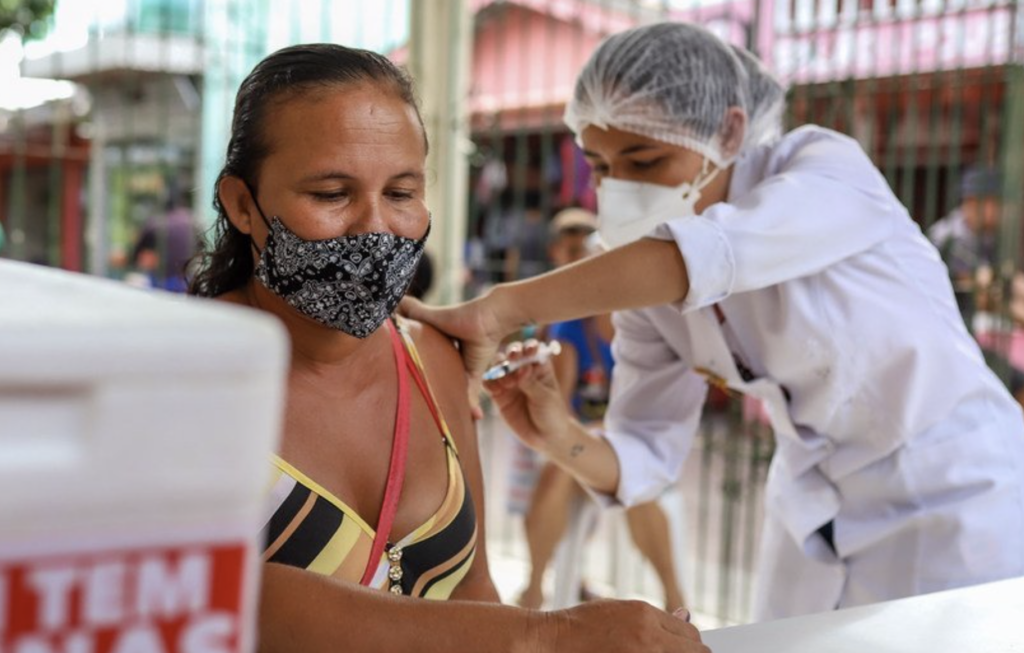One-third of the world's population has not yet received a single dose of a coronavirus vaccine, including 83% of all Africans, according to the World Health Organisation (WHO).
Two years after the start of the pandemic, the virus has taken more than six million lives and infected more than 483 million people. According to the Head of the WHO, Tedros Adhanom Ghebreyesus, equitable vaccination remains the single most powerful tool to save lives but in many countries, this has not yet been realised.
“This is not acceptable to me, and it should not be acceptable to anyone," Ghebreyesus said during a press conference on Wednesday.
If the world’s rich are enjoying the benefits of high #COVID19 vaccine coverage, why shouldn’t the world’s poor? Are some lives worth more than others? #VaccinEquity
— Tedros Adhanom Ghebreyesus (@DrTedros) March 30, 2022
He stressed that vaccinating 70% of the population of every country, which was the original target set when the vaccination rollout began, remains essential for bringing the pandemic under control. He added that priority should be given to health workers, older people and other at-risk groups.
Covid 'end game'?
Ghebreyesus unveiled the updated Strategic Preparedness, Readiness and Response Plan for Covid-19, and hinted that the world may be nearing the end of the pandemic. “This is our third strategic plan for COVID-19, and it could and should be our last," he said.
“We have all the tools we need to bring this pandemic under control: we can prevent transmission with masks, distancing, hand hygiene and ventilation; and we can save lives by ensuring everyone has access to tests, treatments and vaccines."
He laid out three possible scenarios for how the pandemic could evolve this year, the most likely being that the virus continues to evolve but reduces in severity as immunity grows.
Related News
- Vaccinopolis: University of Antwerp opens centre for vaccine studies
- South Africa 'cracks code' of Covid vaccine, working on patent-free version
- COVAX delivers its one billionth Covid-19 dose, but vaccine inequality remains
“Periodic spikes in cases and deaths may occur as immunity wanes, which may require periodic boosting for vulnerable populations. In the best-case scenario, we may see less severe variants emerge, and boosters or new formulations of vaccines won’t be necessary," he said.
However, he added that in the worst-case scenario, a more virulent and highly transmissible variant could emerge, which could see people’s protection against severe disease and death, from prior vaccination or infection, "wane rapidly."
In light of this danger and future threats similar to the coronavirus crisis, he announced that to WHO was launching a new strategy to scale up genomic surveillance, for deadly pathogens that had “epidemic and pandemic potential".

